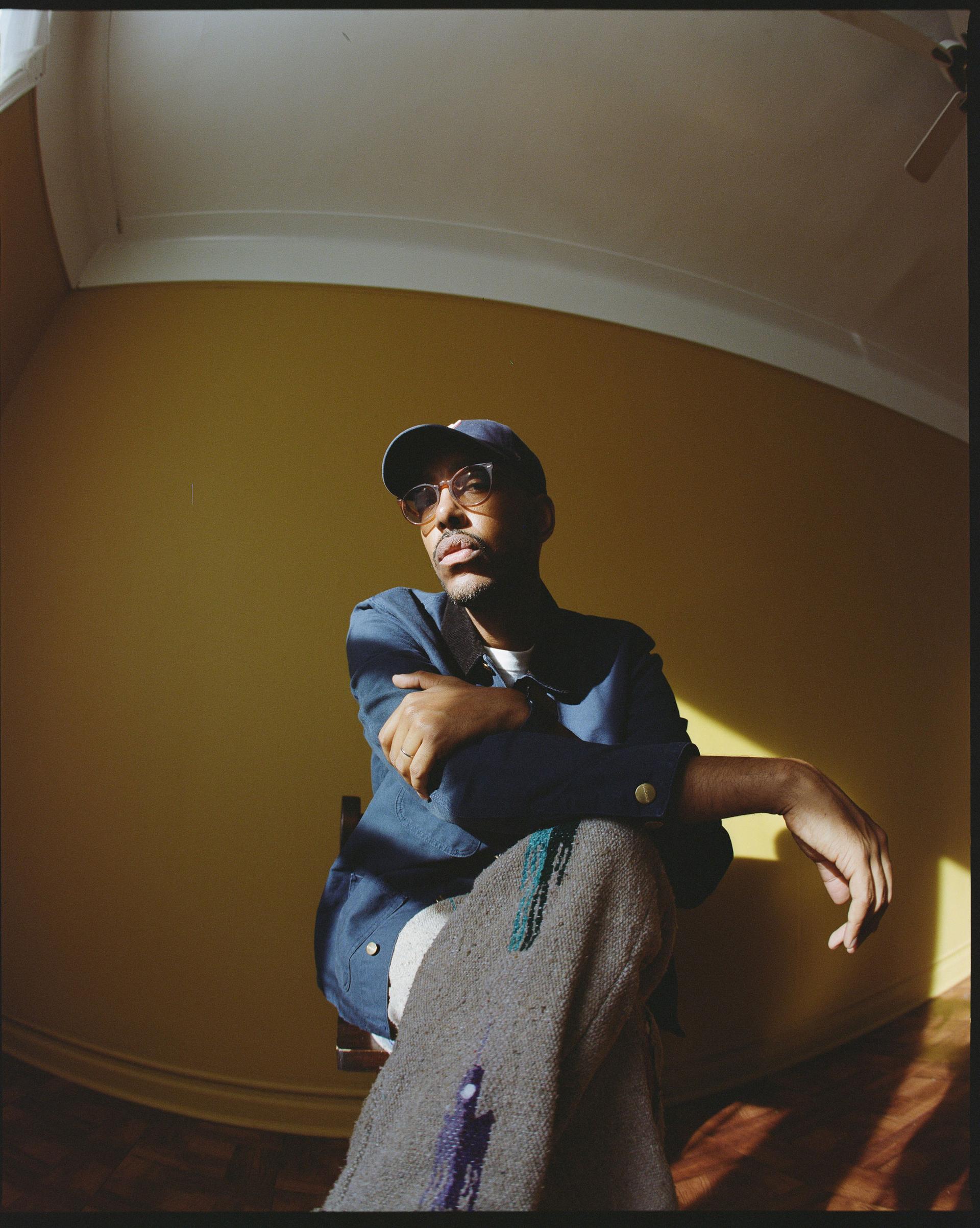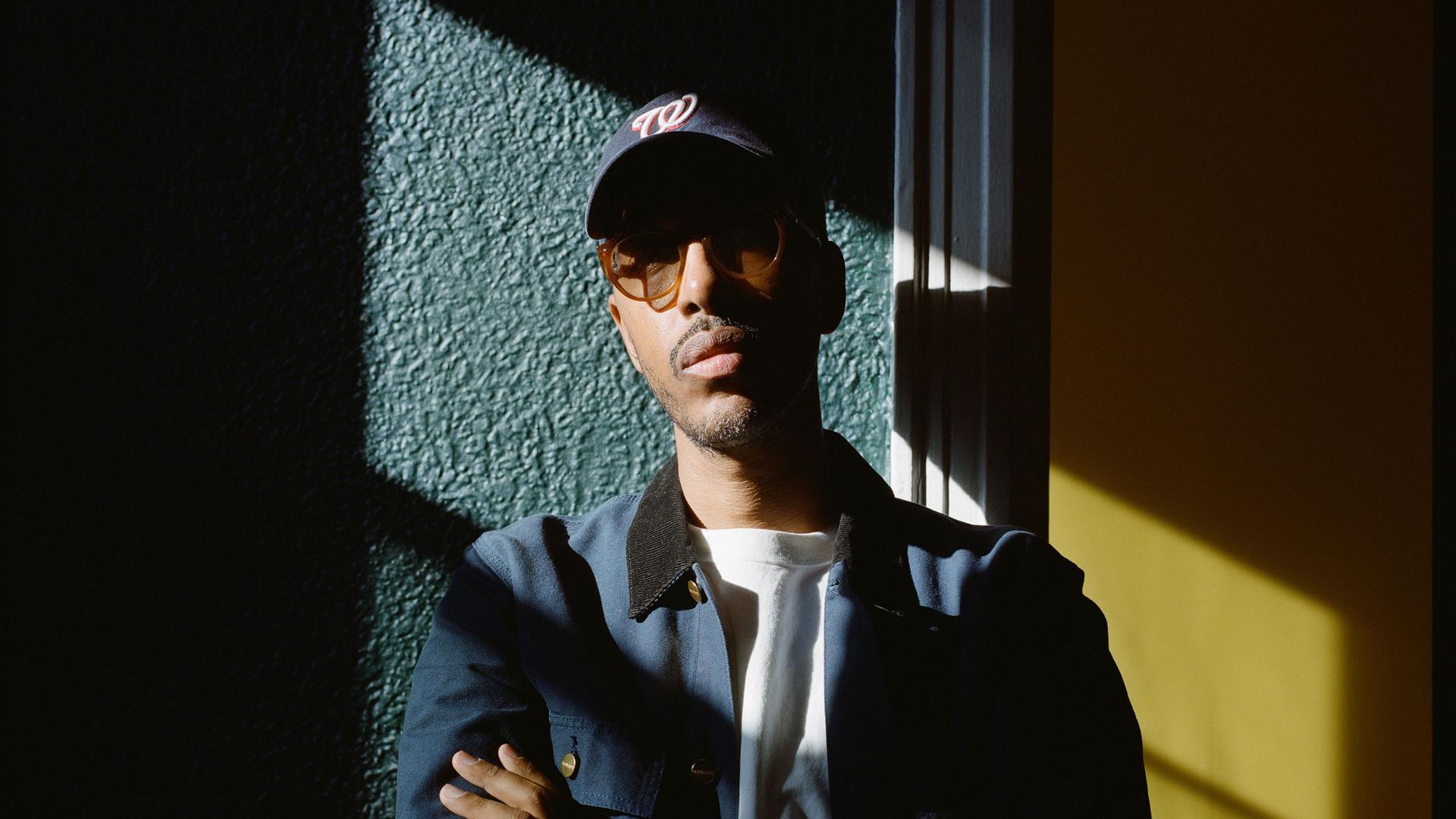How far are you willing to go to pursue your purpose in life? That’s the question that propelled Sudanese American rapper Oddisee’s latest album after a five-year hiatus.

“To What End” is a full-length album from the prolific rapper whose work often grapples with how to translate culture through music.
For years, Oddisee honed his craft on the DC hip-hop scene, churning out a constant stream of albums and mixtapes of original beats, sometimes playing over 100 shows a year.
But a few years ago, his highly regimented process finally broke down and the stream of albums stopped. Oddisee found he had to dig deeper to generate new work.
“I guess this album is about why it took so long. What I was going through in the form of music, you know? I had experienced, for the first time in my career, self-doubt,” he said.
Hundreds and hundreds of beats, song ideas and sketches got thrown in the trash, he said. This led him to therapy, where he began to dive into his personality.
He came to the realization that creating, producing and sharing music is his life’s purpose. And that’s how he came up with “To What End.”
“Every song on the album is about my observations of why people do what they do in life and how far they’re willing to go — for better or for worse,” he explained.
Oddisee’s father is from Sudan and his mother is Black American. He said that neither knows he is in therapy — which is often seen as a barrier in both cultures — but his music speaks to these cultural differences.
There’s a common disconnect between children and parents and even third-culture kids, he said, when it comes to defining success or happiness.
“My father wouldn’t conceive of being a musician for a living because that is not a viable living in Sudan,” he said. “So, I won’t hold it against him if I wake up in America and decide that these are the things that I want to do and he doesn’t understand.”
He shows the same grace with his mother, who grew up in poverty in the United States, and did not have access to a lot of the opportunities that Oddisee now has.
“I do my best to articulate to my parents that I’m happy and I’m successful. … And that’s not lost in translation over language, culture or generation,” he said.
Oddisee’s earliest childhood memories are of him having to explain some of these cultural differences from one side of the family to the other.
“You know, I’m in Sudan and they have all these ideas on what America is like. And you know, what Black Americans are like and why. And I’m with my mother and my mother’s family on Thanksgiving and Christmas, and they have all these ideas on what Africa is like and what foreigners are like,” he said.
He often finds himself saying “well, actually…” at those gatherings, a phrase that encapsulates what it takes to provide the other perspective in cross-cultural conversations.
“It’s the subject matter of my music,” he said. “It’s me. And I’m always trying to provide the other perspective.”
He sees this as a gift his parents gave him when they got together — the power of empathy that comes from being different.
“I used to wish that I was just born in one culture — it would make everything really easy. But, fast forward, it was a huge blessing,” he said.
Editor’s note: This is the latest from our collaboration with the podcast “Movement,” stories at the intersection of music and migration.
